Detox the Bottle Pledge
Toxic hazards may lurk inside the common PET plastic beverage bottle. Cancer-causing chemicals are often used as processing aids in the manufacturing process, and some of those chemicals can be left behind in the bottles and may even migrate into the beverages contained within. After first testing some product bottles, we’ve asked leading beverage brands to take actionable steps towards sourcing PET bottles that are free of two potentially dangerous and commonly used chemicals: antimony and cobalt. We asked the companies if they were willing to learn more about alternative catalysts, and we asked them if they were willing to discuss the availability of alternative catalysts with their bottle suppliers. The table below summarizes the results.
| Company | Free of Antimony* | Free of Cobalt ** | Pledged: Learn More | Pledged: Discuss with Bottlers |
|---|---|---|---|---|
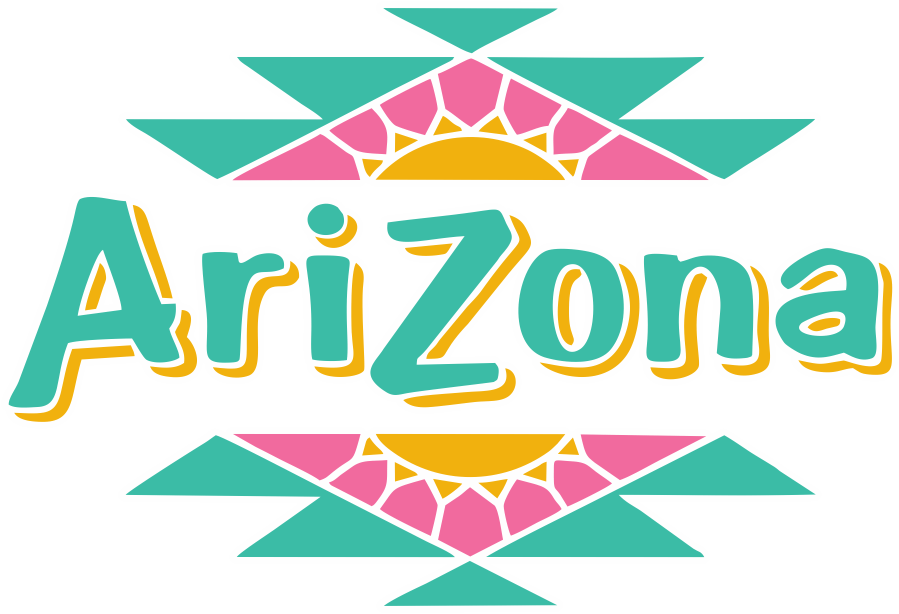 |  |  |  |  |
 |  |  |  | |
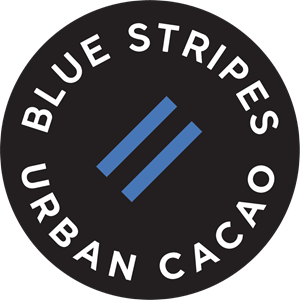 |  |  |  |  |
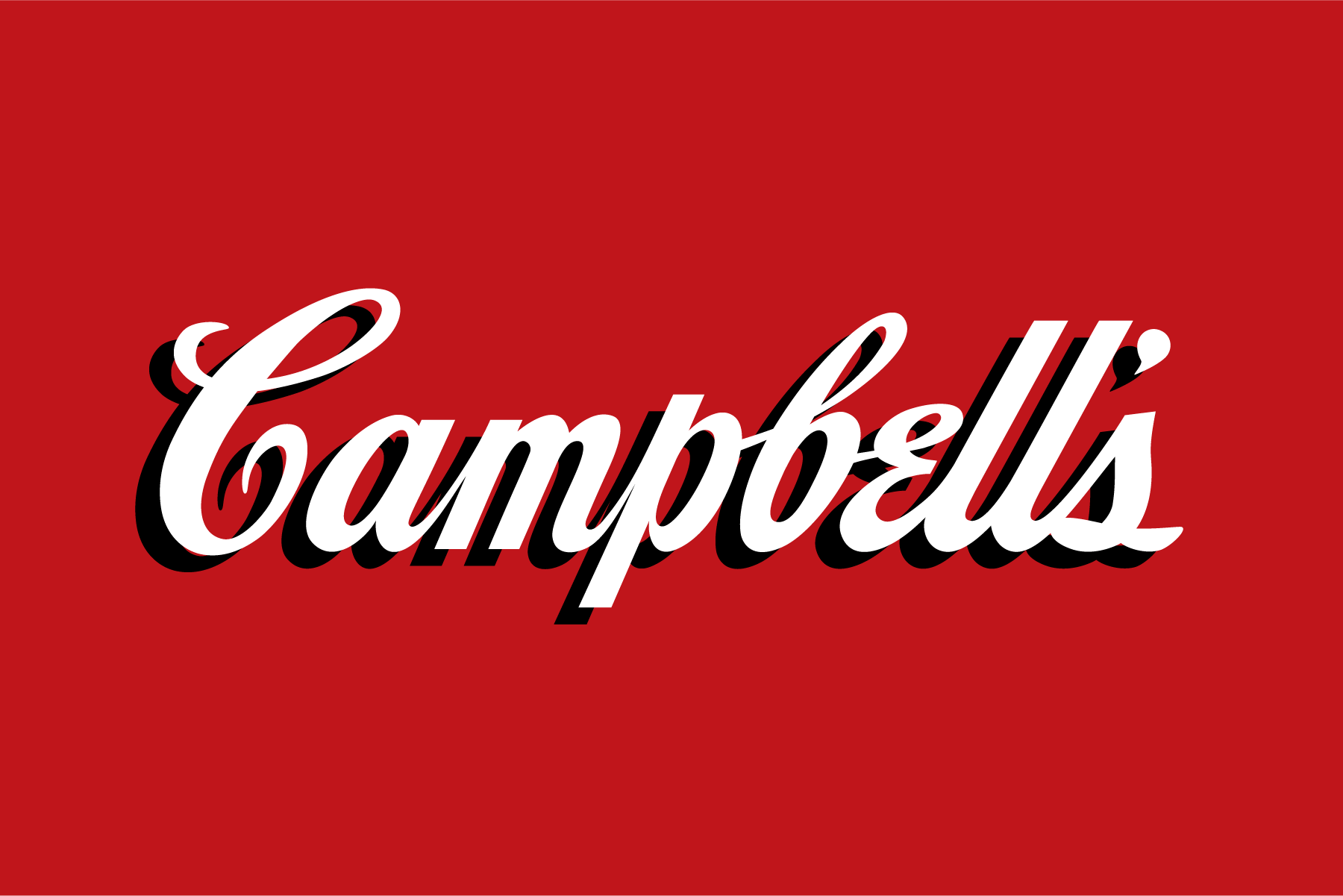 |  |  |  |  |
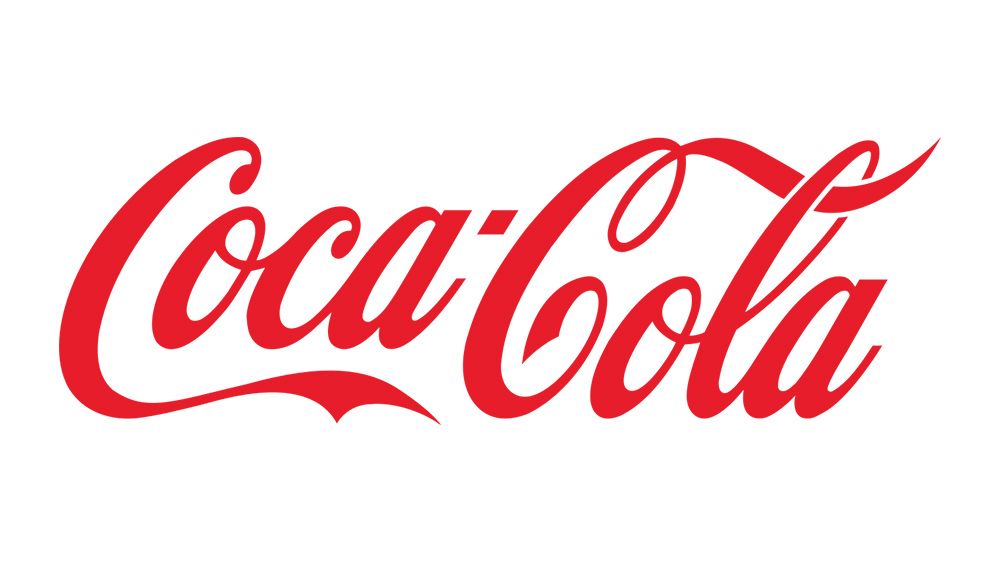 |  |  |  |  |
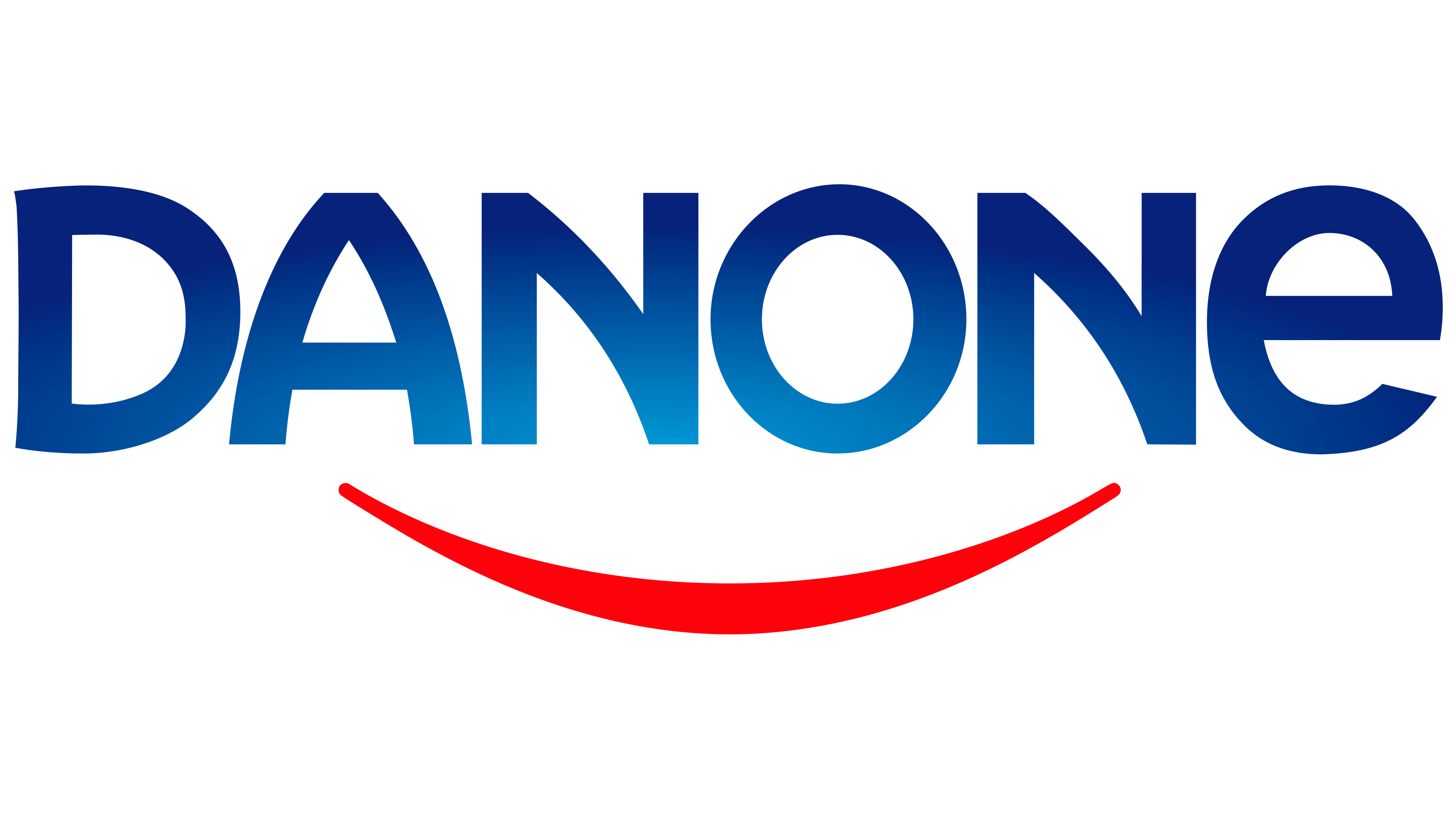 |  |  |  |  |
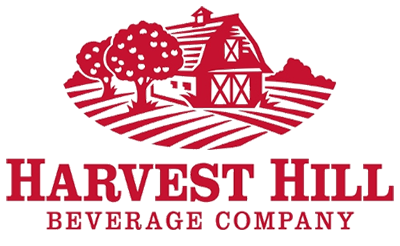 |  |  |  |  |
 |  |  |  | |
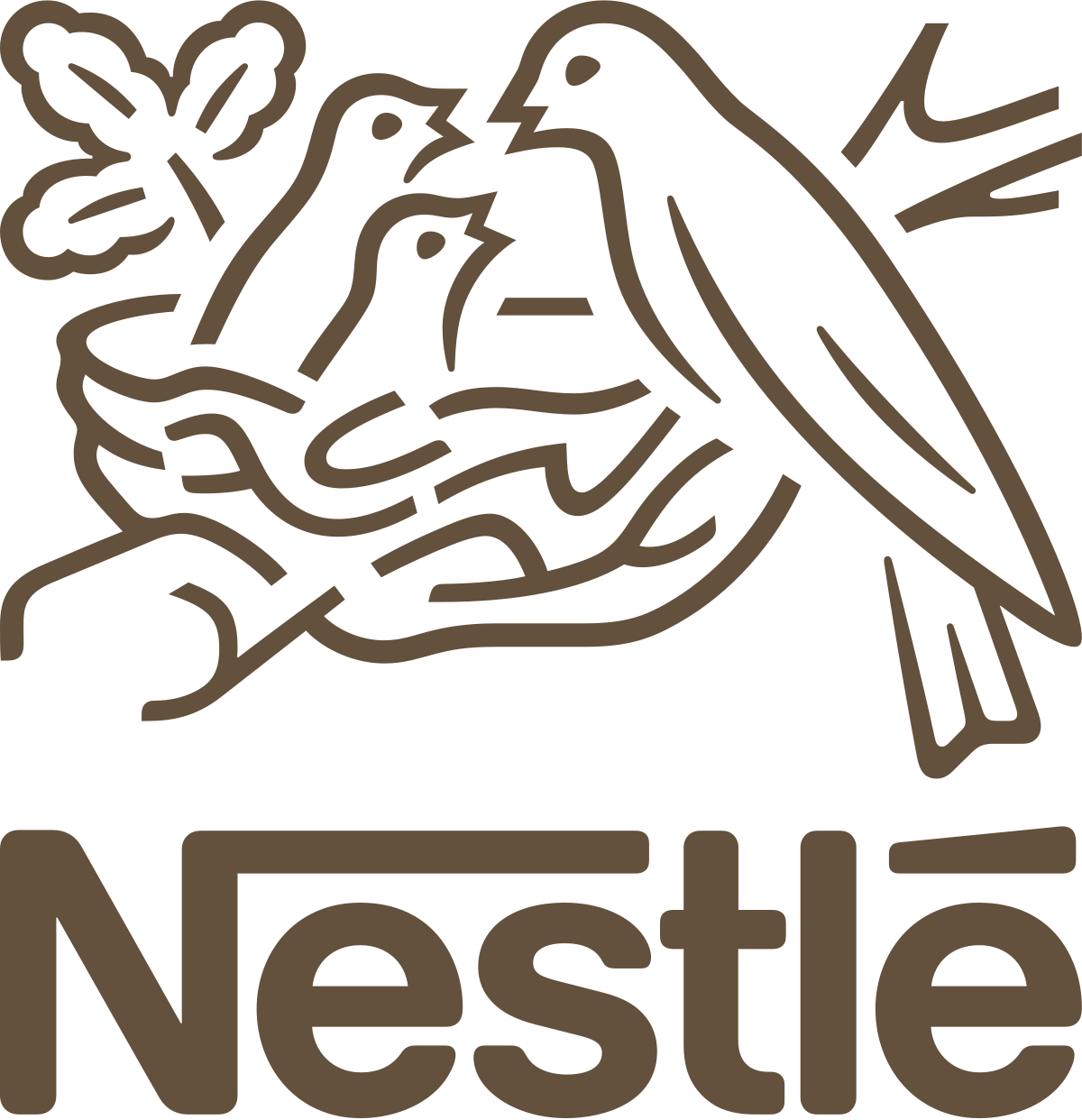 |  |  |  |  |
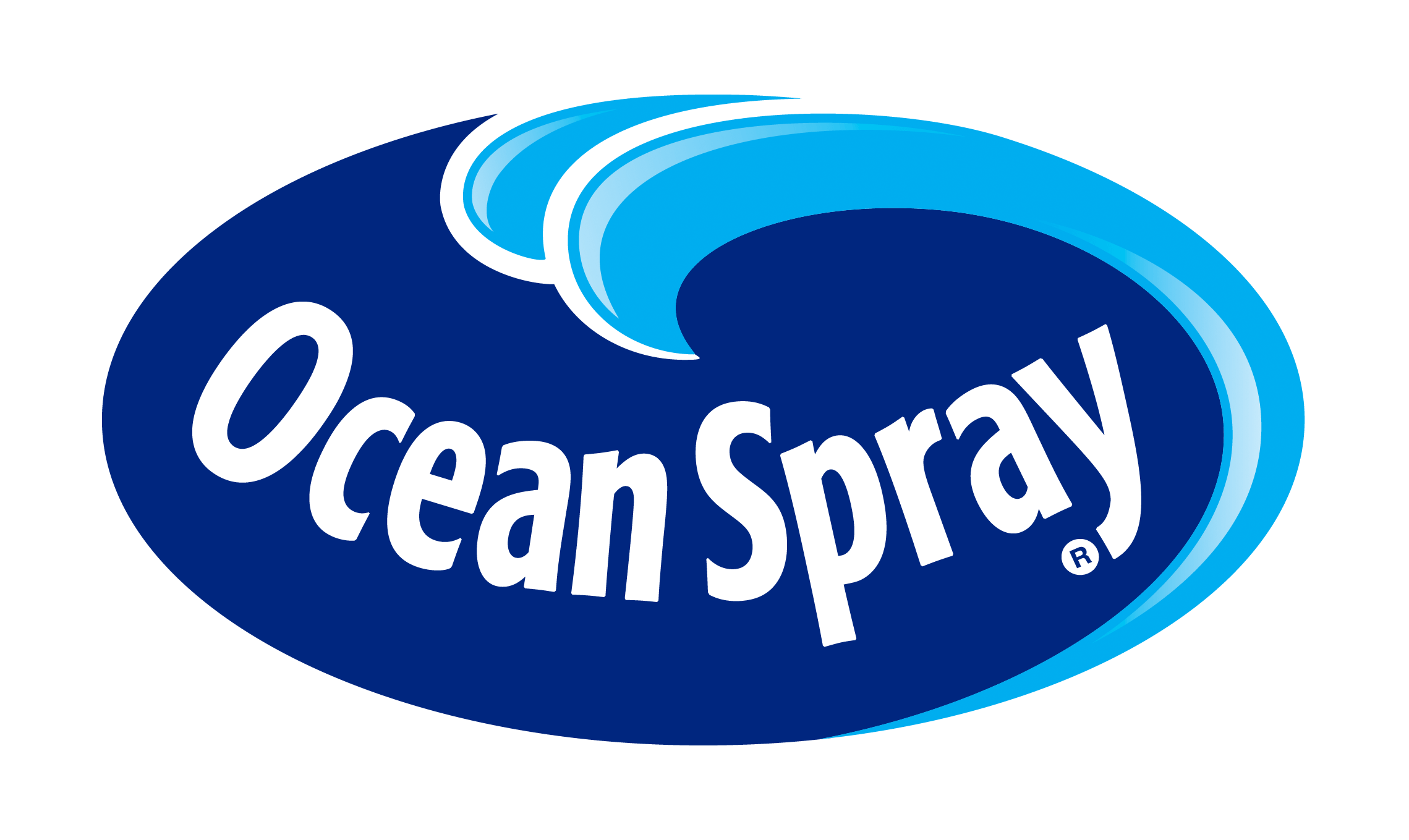 |  |  |  |  |
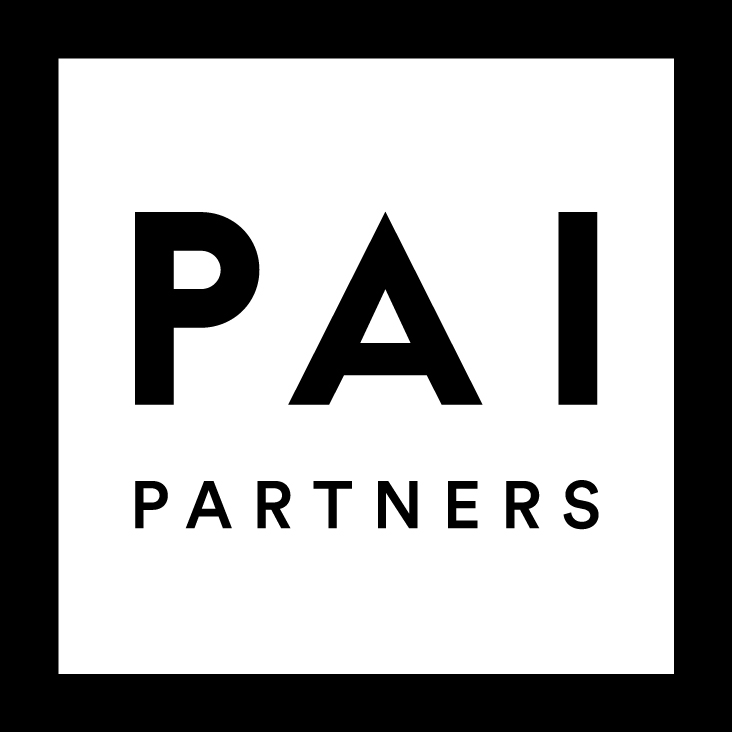 |  |  |  |  |
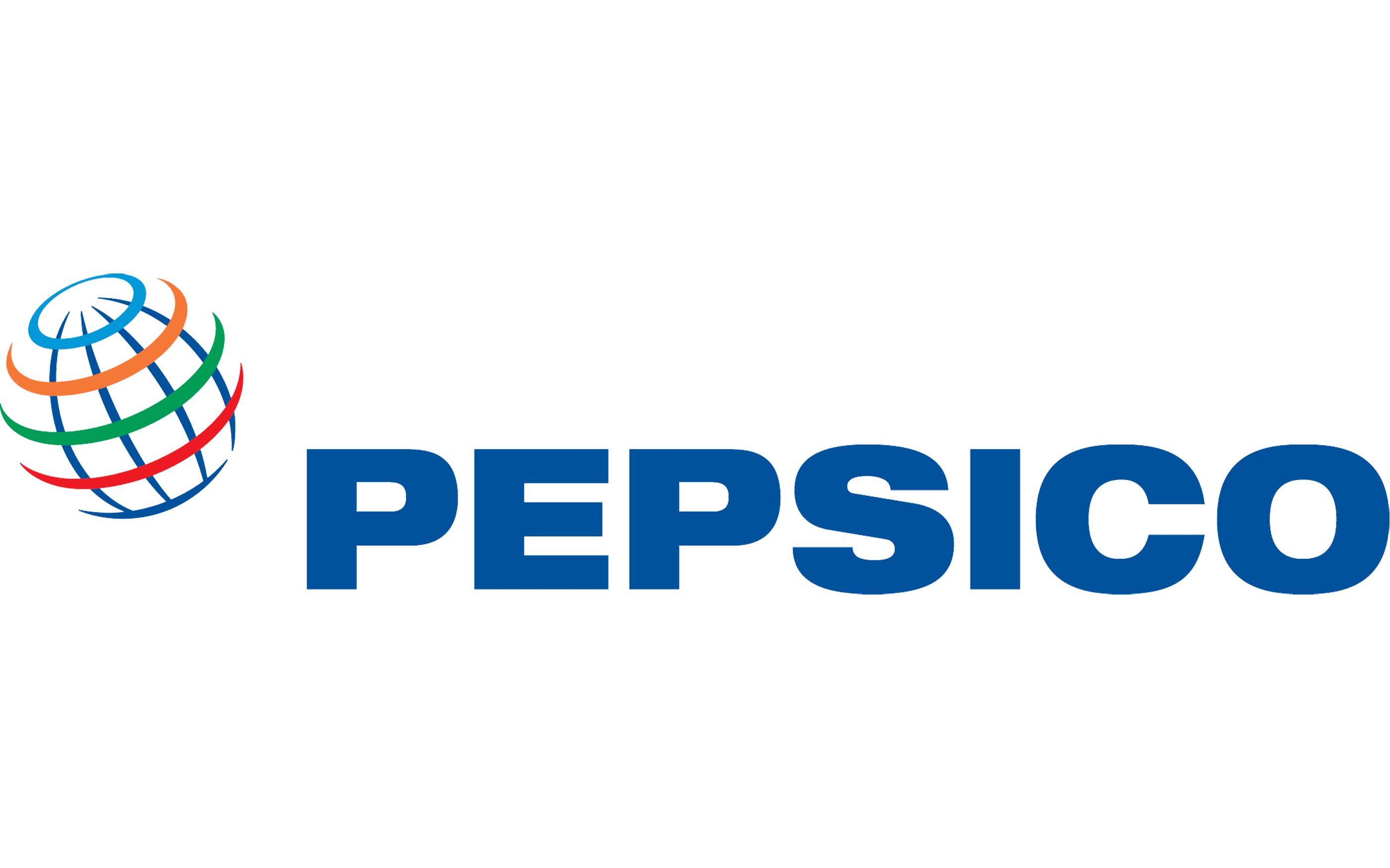 |  |  |  |  |
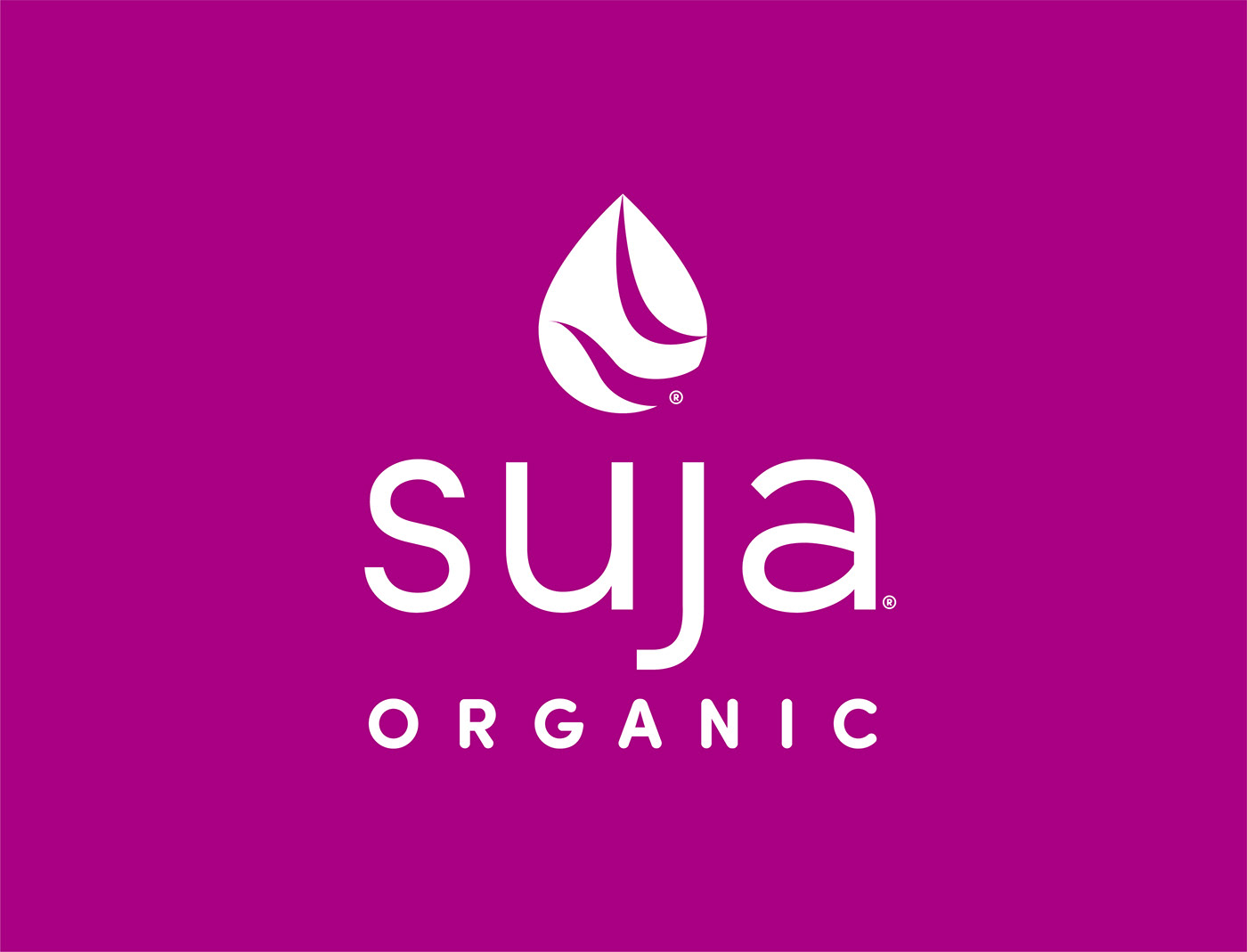 |  |  |  |  |
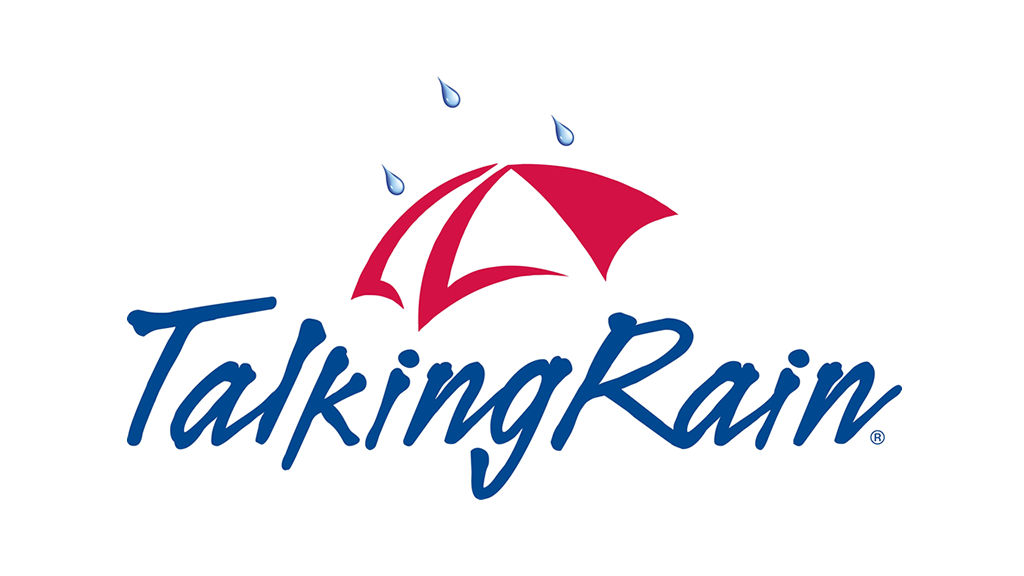 |  |  |  |  |
 |  |  |  | |
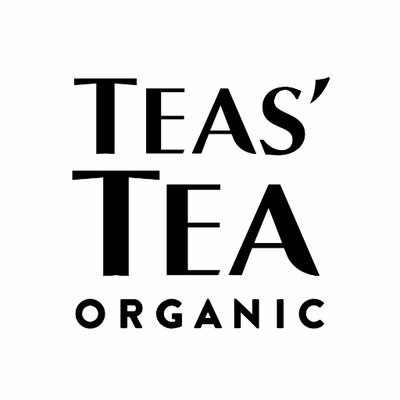 |  |  |  |  |
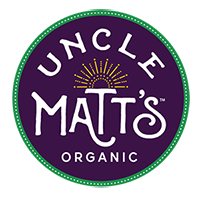 |  |  |  |  |
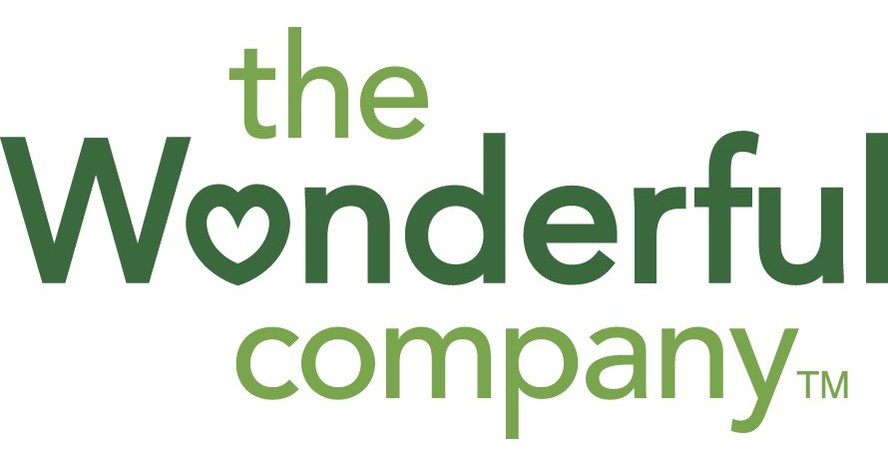 |  |  |  *** *** |  *** *** |
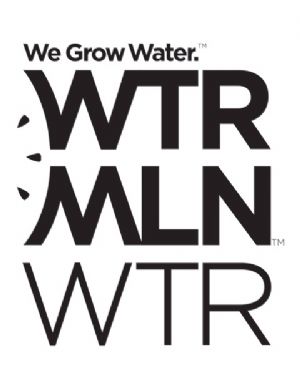 |  |  |  |  |
*A thumbs down in the antimony column indicates one or more sample bottle of one this brand’s products tested positive for antimony, detected at levels exceeding 150ppm. A thumbs up in the antimony column indicates all samples tested were free of antimony exceeding 150ppm.
**A thumbs down in the cobalt column indicates cobalt was found at detectable levels in one or more sample bottle of one this brand’s products. A thumbs up in the cobalt column indicates all samples tested were free of cobalt at detectable levels.
***Company acknowledged that the issue of toxic catalysts is important, but did not specifically commit to learning more about alternatives or discussing the issue with its bottle suppliers.
Tell Coca-Cola: Get rid of any toxic plastic bottles
We’re challenging The Coca-Cola Company to put consumers first and move to secure commitments from its suppliers to end any use of toxic plastic additives that may be harmful to our health. Will you sign the petition and tell Coca-Cola execs to take action?
Antimony: used as a catalyst in the production of PET plastic. Antimony exposure above 1 part per billion (ppb) daily may cause liver disease. Excess exposure to antimony compounds may also increase the risk of cancers, heart disease, and other organ toxicity. The California Public Health Goal for drinking water is 1 ppb.
Cobalt: used as a catalyst in the production of PET plastic and at times as an additive to improve appearance. Cobalt is a possible carcinogen and is listed under Proposition 65 as known to cause cancer. Elevated levels of cobalt can be toxic to the nervous system, thyroid, and heart.
See Problem Plastic: How Polyester and PET can be Unsafe, Unjust, and Unsustainable Materials for more on antimony and cobalt in PET production, health impacts, and safer alternatives.
Methods
We purchased 53 beverage products sold in PET plastic bottles, made by 19 different brand owners in the states of California and Maine. The Ecology Center of Ann Arbor tested all bottles for antimony and cobalt using Fourier transform infrared spectroscopy (XRF). Antimony was detected at levels ranging from 40.5 ppm to 327 ppm. Cobalt was detected at levels ranging from 7.4 ppm to 101 ppm.
Each company’s product testing results were shared with all companies along with an invitation to discuss the results in greater detail. We asked each company: Is your company willing to learn more about alternative catalysts? And, is your company willing to discuss the availability of alternative catalysts with your bottle suppliers? If the company did not respond at all, or failed to respond in the affirmative, those results are indicated with a thumbs down in the table above.
Download results from product testing to learn if a bottle of your favorite beverage was tested
Learn more about the XRF elemental analysis technique
Join Our Campaigns for Safe Products
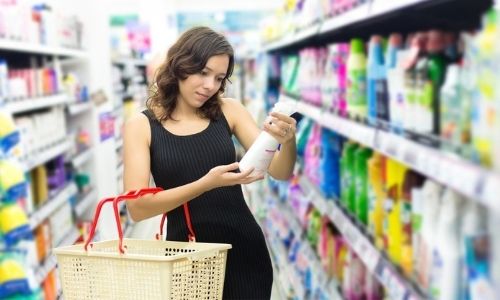
Stop Selling Toxic Products
We’re advocating for new laws and corporate policies to get toxic products off stores shelves. Learn more

Hold the Federal Government Accountable
For more than a decade, Defend Our Health has been at the forefront of legislative efforts to achieve meaningful reform to the national chemical safety law. Learn more

Healthy Homes
We’re working to ensure access to safe housing, free of lead paint hazards, particularly for low-income people and people of color who are most at risk. Learn more
Our Victories
We know we can win safe products for all, because we’ve already achieved incredible victories for toxic-free products.
- In 2005, we won state legislation that created a lead-poisoning prevention fund for education and outreach programs aimed at reducing lead exposure.
- In 2008, we built a winning coalition to achieve the nation’s first law to limit toxic chemicals in children’s products.
- In 2017, we overcame strong chemical industry opposition to win a first-in-the-nation law to ban all toxic chemical flame retardants in upholstered household furniture. Other states and municipalities followed suit.
- As a founding and leading member of the Mind the Store campaign, we’ve helped win commitments from major retail brands such as Home Depot, Walmart, Sephora, Whole Foods, and others to phase out toxic chemicals used in products sold in their stores.
- In 2018, we successfully leveraged grassroots power to defeat the Trump Administration appointment of a chemical industry insider to oversee chemical safety at the U.S. EPA.

